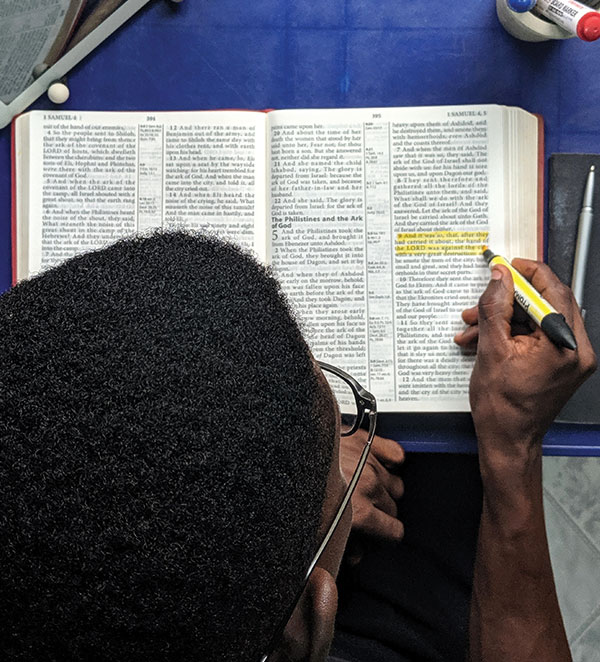Signs of Addiction
Act Smart, Save Lives.
It’s not always obvious when someone is struggling with addiction. One of the first steps to recognizing substance abuse is knowing the signs.
If you suspect a loved one is struggling with addiction, MNTC is here to safely guide you through this tough situation. Let’s learn how to identify signs of addiction, and what you can do to get them help.
If there is someone in your life who needs help fighting addiction, there’s hope. Contact us and learn how you can help save a life.
What Are the Signs of Addiction?
If you notice these warning signs, don’t panic. Simply take note of your observations and stay calm.

Physical Signs
Physical signs are noticeable changes in appearance, movement and speech. This includes the following:
- Sudden increase or decrease in weight and appetite
- Lack of grooming and hygiene
- Unusual body odors
- Unkempt and unwashed clothing
- Enlarged or small pupils
- Bloodshot eyes
- Tremors, seizures or excessive sweating
- Marks on the skin
- Slurred speech
- Insomnia, excessive sleeping or changes in sleep patterns

Paraphernalia
Certain objects are used to assist substance addiction. You may come across these objects in hiding places, or notice them lying out in the open:
- Needles or razor blades
- Cut-up straws or small tubes
- Shoelaces, rubber bands or belts
- Spoons with burn marks or pieces of burned foil
- Pipes, bongs or lighters
- Rolling papers
- Aerosol cans, nozzles or rags

Behavioral Signs
Changes in behavior can be erratic or gradual depending on the individual. Some warning signs to look out for include:
- Sudden decline in grades or difficulties with academics
- Extreme mood swings and emotional outbursts
- Skipping school or a decline in attendance
- Anxiety, depression, anger or paranoia
- Loss of interest in school, extracurriculars and hobbies
- Asking for, demanding or stealing money
- Shifts in relationships and emotional withdrawal
- Lack of motivation and inattentiveness
- Abusive or manipulative behavior
- Breaking curfew
- Lying, stealing and getting into trouble with the law
How Can I Help Someone With Addiction?
The first thing to remember is that you’re not alone. There are many people and resources you can rally to your side to help you navigate the situation. While you can’t solve the problem immediately, there are tangible steps you can take to help someone with an addiction.
Step #1: Do Some Research
If you’re here, that means you’re already taking the first step. Continue to educate yourself and do research. Addiction isn’t one-size-fits-all, and there may be many factors that are driving your loved one towards substance abuse.
Step #2: Ask for Support
Share your concerns with other caring adults. Ask for support from trusted family members, friends or neighbors.
If it’s your teen that’s struggling, you can reach out to their school. Counselors, social workers or therapists may be able to provide resources or assistance. Connect with mentors such as coaches, teachers or tutors.
Finally, contact your loved one’s physician or therapist for recommendations, resources and support.
Step #3: Have a Conversation
Meet with your loved one and discuss your concerns with other caring adults present. Be prepared for emotions such as anger, but try to retain your composure, listen to their responses, and be non-confrontational.
You’re free to set expectations and communicate boundaries. Always offer resources at the end. The problem won’t be solved in one conversation, but it is an important step forward and shows your loved one that you care.
Do You Know Someone Struggling With Addiction? MNTC Is Here to Help.
Minnesota Adult & Teen Challenge has affordable treatment programs throughout Minnesota. We provide safe, nurturing environments to help those struggling with addition, and can help you navigate your unique situation. Call our compassionate staff today at 612-373-3366 to learn more.


